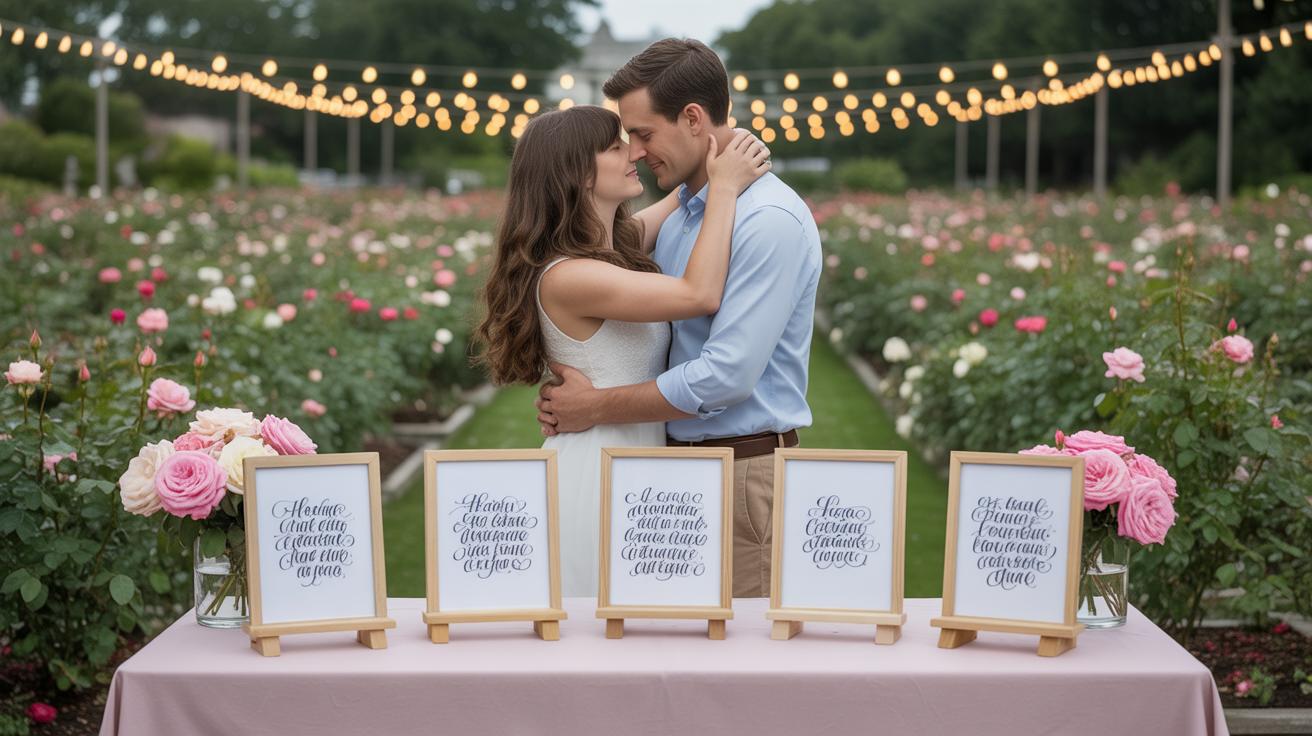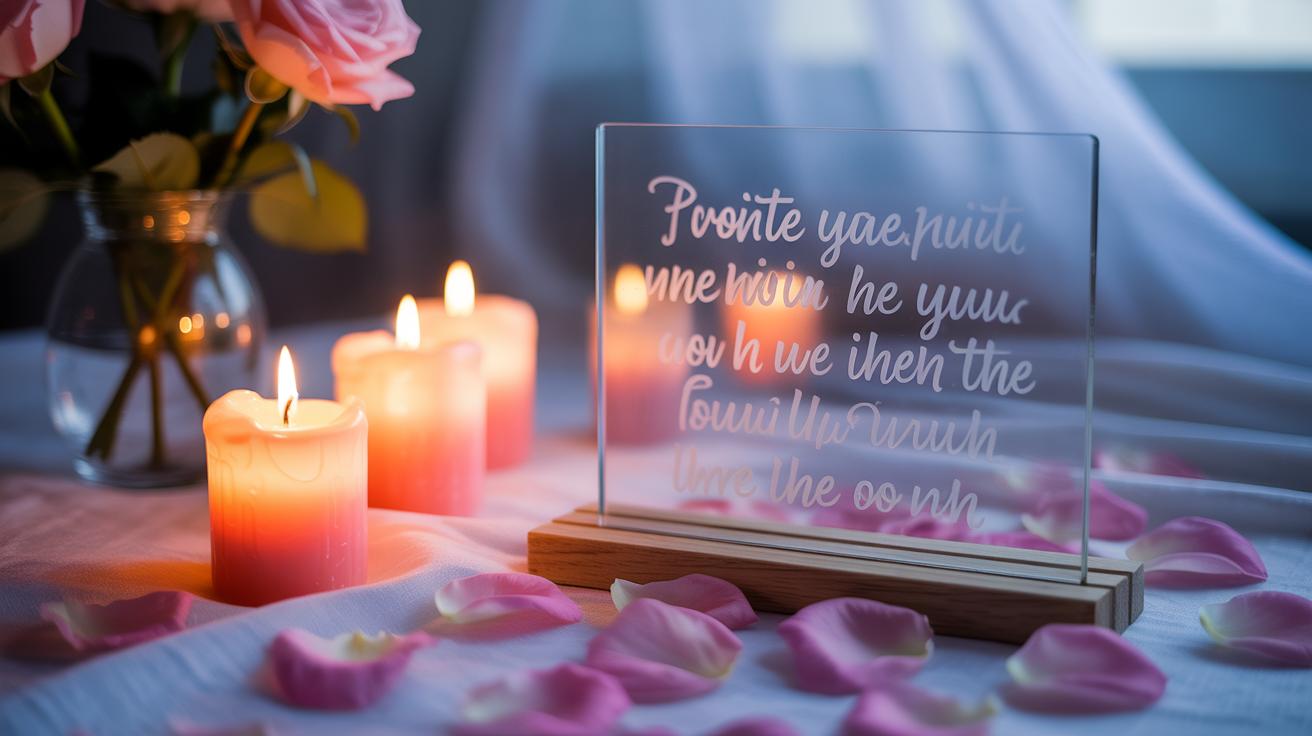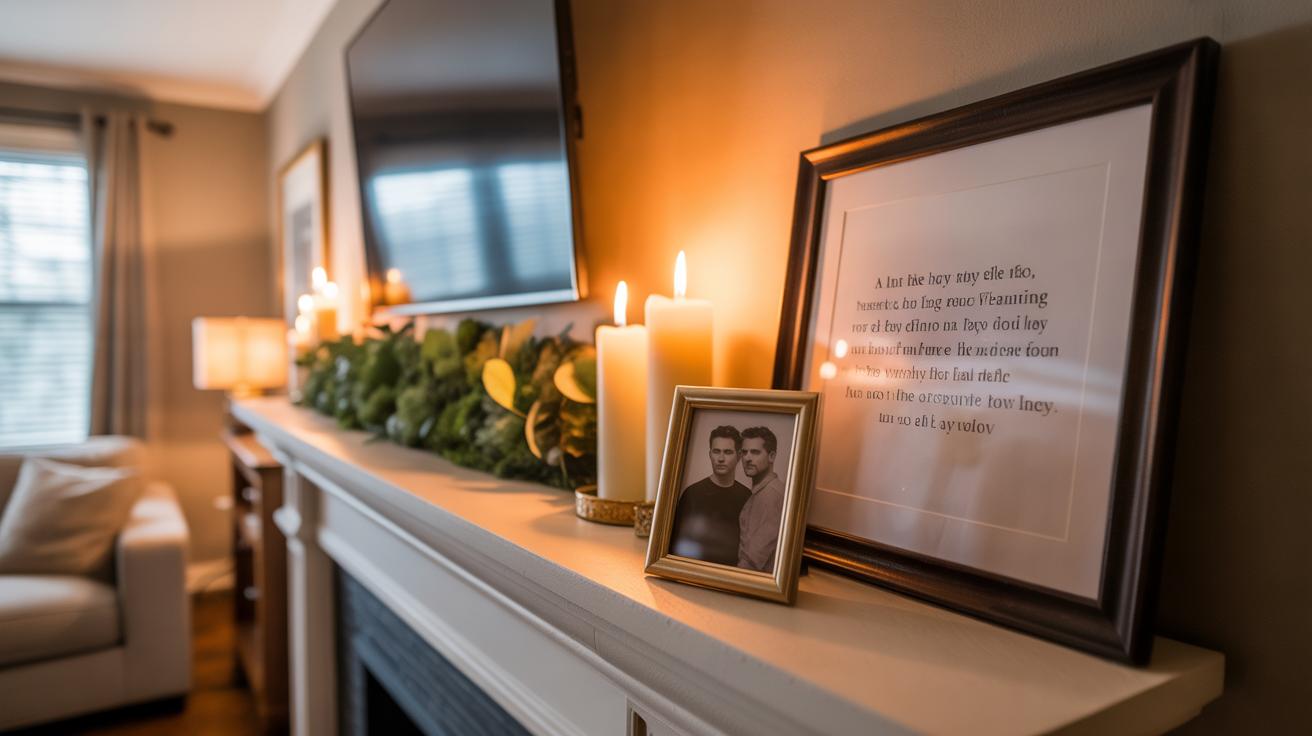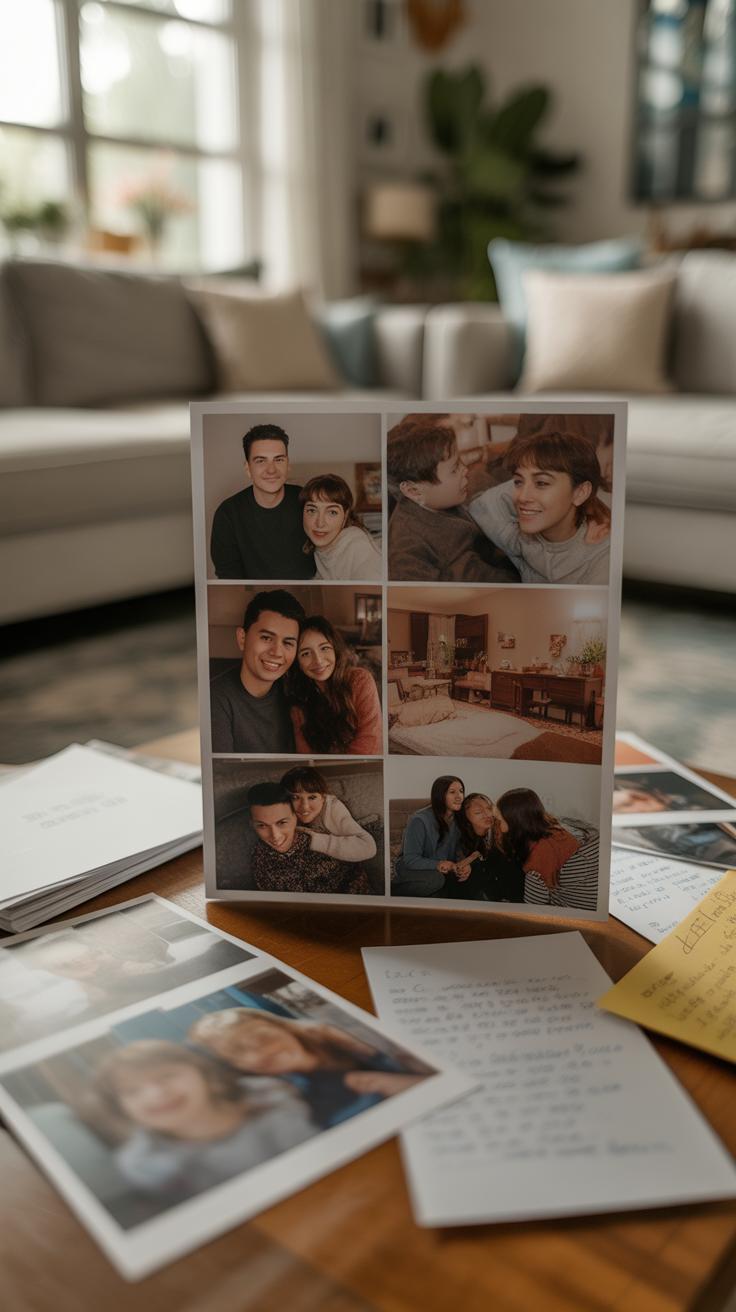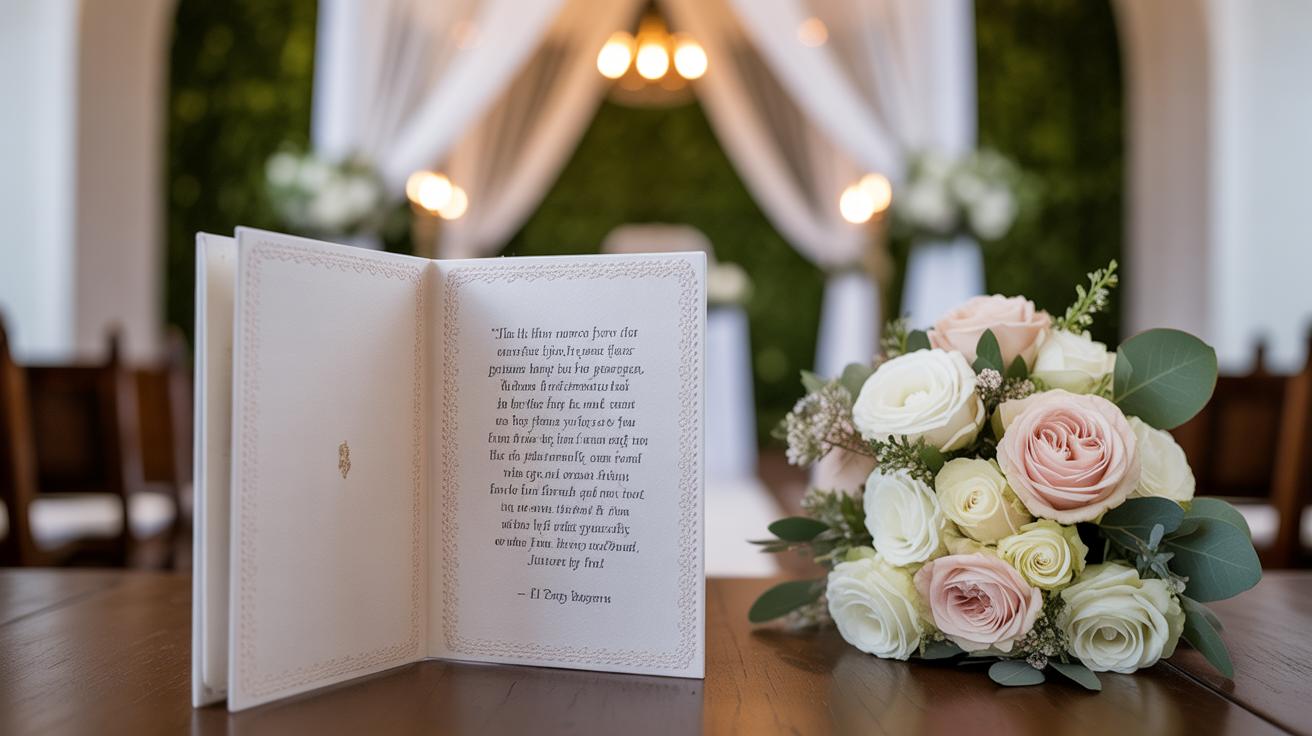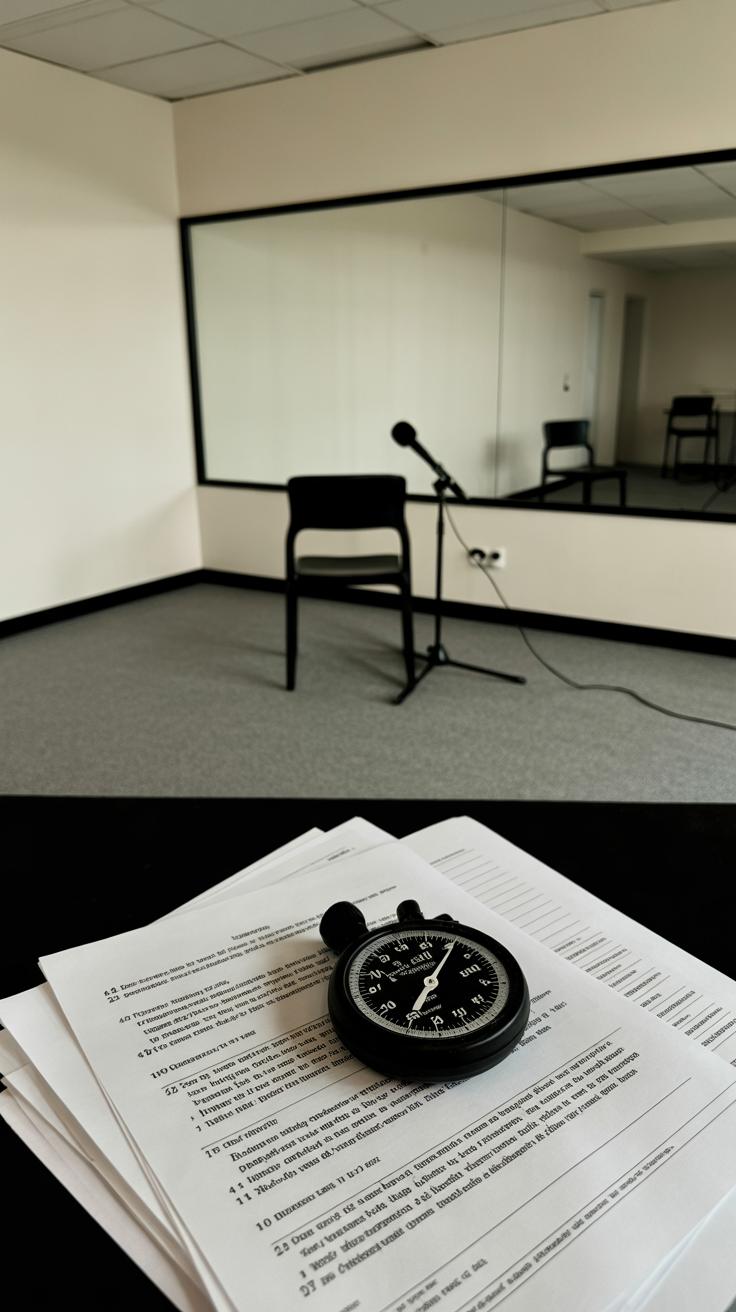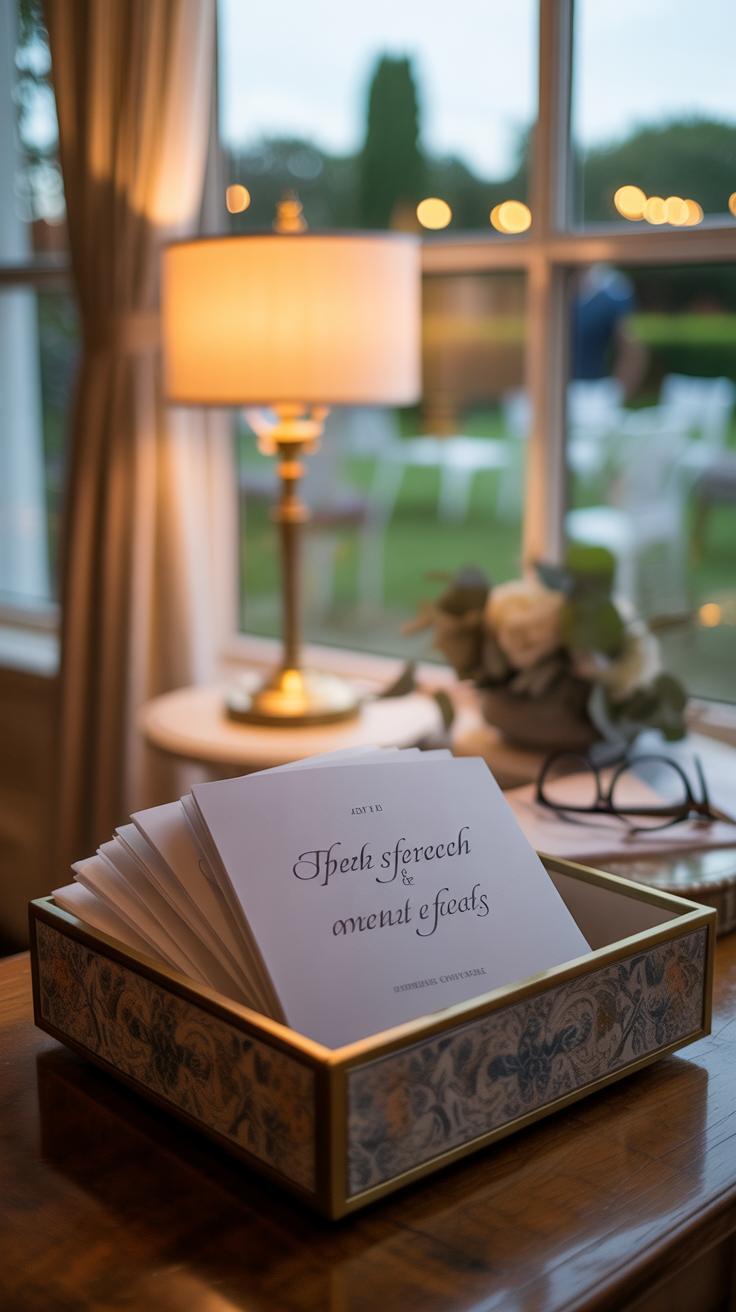Introduction
Your role as maid of honor is special. One important task is giving a speech that celebrates the bride and the couple’s journey. A memorable maid of honor speech can create lasting impressions and add joy to the wedding celebration. In this article, we explore how to prepare and deliver a speech that truly wows the guests.
We cover the speech’s structure, useful tips for public speaking, examples to inspire you, and ways to keep your words heartfelt and engaging. Whether you’re nervous or experienced, this guide helps you make your speech meaningful and memorable for everyone listening.
Understanding the Role of the Maid of Honor
What Does the Maid of Honor Do
The maid of honor usually stands as the bride’s closest companion—sometimes a sister, sometimes a longtime friend. But her role stretches beyond just a title. Think of her as both the bride’s right hand and her go-to problem solver on the wedding day. She’s there to keep things moving, calm nerves, and handle little emergencies nobody else notices until it’s too late.
Her responsibilities cover a lot: from organizing the bridal shower or bachelorette party, to helping the bride pick out the dress, and even managing the bridesmaids when things get hectic. On the wedding day itself, she adjusts veils, holds bouquets, and just generally ensures the bride feels supported. She might also step in to greet guests, or deal with unexpected delays—sometimes it’s a juggling act nobody fully appreciates until they’ve been in her shoes.
Why the Speech Matters
The speech the maid of honor gives isn’t just another formality. It’s a moment that can really shape the mood of the entire event. When done well, it adds warmth, humor, and sincerity—drawing everyone in, making the celebration feel more personal. On the flip side, it can feel awkward or drag if it’s rushed or overly rehearsed.
More than just words, the speech reflects the deep bond between the maid of honor and the bride, giving guests a glimpse into their relationship and the journey that brought the couple here. It’s a chance to lift spirits, share joyful memories, and set the stage for the day’s emotions. You could say it’s both a tribute and a kind of anchor, steadying the excitement and sentiment swirling through the room.
Planning Your Maid of Honor Speech
Knowing Your Audience
Before putting pen to paper, think about who will be listening to your speech. Weddings gather all kinds of people — close friends, family members, sometimes even colleagues or distant relatives. You might want to craft your words so they resonate with everyone, or maybe focus more on the couple’s inner circle. But remember, what feels heartfelt to you might be puzzling or uncomfortable for others. For instance, inside jokes could leave some guests confused, while deeply personal stories might not fit the vibe. Consider the couple’s personalities too. Are they the type who enjoy lighthearted roasts, or do they prefer quiet, sincere moments? Reflecting on these details can help you strike the right chord.
Thinking about the age range, cultural backgrounds, and formality of the event can also guide you. Ultimately, your audience shapes the speech’s content and delivery. So, spend some time imagining their reactions — it helps avoid awkward moments and makes your words land better.
Choosing the Right Tone
The tone you pick sets the whole mood of your speech. Should it be funny, sentimental, formal, or casual? Sometimes, it’s tempting to go all out with humor, but if that doesn’t mesh with the couple’s style, it could backfire. Other times, a loud room might seem like a place for jokes, but a quiet, emotional speech might create that perfect pause everyone needed. And you might find yourself torn between wanting to make everyone laugh and wanting to get a bit teary-eyed yourself.
Think about the setting too. An elegant evening event might call for something more refined, while a laid-back backyard wedding allows for a conversational touch. Your speech doesn’t have to stick to one tone either; a little mix of humor and sentiment can work well — as long as it feels natural to you.
Ask yourself: What feels true to your relationship with the bride? What reaction would you hope for? Sometimes, aiming for sincerity wins over trying to be clever or overly polished. Your speech’s tone isn’t just about entertainment, but also about honoring your role and the couple’s big day in a way they’ll genuinely appreciate.
Structuring a Memorable Speech
Starting your maid of honor speech well is key. You want to catch everyone’s attention right from the first sentence. A simple way is to open with a brief, relatable story or a sincere observation about the bride. Maybe recall a funny or touching moment you shared that reveals her personality. This draws people in and sets the tone without feeling forced. Sometimes even a short quote or a question to the audience can break the ice and make listeners curious about what comes next.
Once you have their attention, the main body should flow naturally. Organize your points around a few clear themes—like friendship, love, or memorable moments. Avoid listing facts or endless compliments; focus on what truly matters. You could share reflections on the bride’s qualities, or lightly tease the couple’s quirks, but keep it heartfelt. Remember to pace yourself. You don’t have to say everything at once or be overly formal. Pauses and slight shifts in tone help keep your speech easy to follow.
For your closing, aim for something that sticks with the audience—thoughtful and warm, but not too sentimental or lengthy. A simple wish for the couple’s future, or a short toast, often works well. If you manage to loop back to your opening story or idea, that can create a nice sense of completeness. Yet, endings can be flexible. Sometimes leaving a small pause after your final words lets the moment breathe and feel genuine. The goal is to leave guests smiling or quietly reflecting, not overwhelmed or distracted.
Including Personal Stories and Anecdotes
Sharing personal stories in a maid of honor speech can make your words stand out and resonate more deeply with everyone listening. When you talk about moments you’ve shared with the bride, it feels authentic—like you’re inviting guests into a little piece of your connection. This naturally draws people in. You might notice how the room quiets down when someone starts telling stories that feel genuine rather than rehearsed.
Choosing the right stories isn’t always easy. You want to pick those that really reveal who the bride is, not just the funny or dramatic moments. Think about times when her kindness, strength, or sense of humor showed through. Maybe that unexpected moment when she helped a stranger, or a time you both laughed until you couldn’t breathe. These stories should also reflect your relationship—are you more like partners in crime, or heartfelt confidantes?
Humor and emotion often walk a fine line. Too much humor risks making your speech feel shallow, yet too much emotion might overwhelm. A good mix keeps the mood balanced. For example, you might start with a light anecdote that shows her quirky side, then shift to a heartfelt memory that captures her true spirit. Watch your audience’s reactions; laughter followed by quiet smiles signals you’re hitting the right note. It’s not about being perfect, but about feeling honest, even if your delivery stumbles a bit.
Using Simple and Clear Language
When you stand up to give your maid of honor speech, your words should be easy to follow. Using simple language helps everyone in the room connect with what you say. If you choose complicated words, some guests might zone out without realizing it. You want your message to land with impact, not confusion.
Simple words make your story feel genuine. Think about how you’d talk to your best friend. It doesn’t have to be formal or showy. If you keep things straightforward, your feelings come through more clearly. People pick up on that—and they listen better.
Short sentences help, too. They act like little bursts of meaning. Long, winding sentences risk losing listeners’ attention. Using active voice also keeps things clear and direct. It’s like you’re speaking right to each person, not speaking over their heads. That can be the difference between a forgettable speech and one people remember for years.
Try to avoid overcomplicating things just because it feels like you *should*. Your job is to be understood, not to impress with your vocabulary. If you’re unsure, read your speech out loud. Does it sound natural? If not, trim it down, slice away any unnecessary words.
At one wedding I attended, the maid of honor spoke like she was chatting with us over coffee. Her words were simple, but they stirred emotions. It made me wonder, why do we often feel the need to dress up our language? Maybe clarity beats elegance, at least here.
Engaging the Audience Throughout Your Speech
Keeping everyone’s attention during your maid of honor speech can feel a bit daunting. Still, it’s really about making the audience feel involved, not just watching from the sidelines. One way to do this is by asking questions that invite them to think or reflect. For instance, you might ask, “Who here remembers the moment the bride told me about her first date with the groom?” or “Can anyone relate to the nerves before a big life event?” These prompts aren’t about getting answers but about drawing listeners in mentally. It’s a quick mental nudge to shift from passive listening to active engagement.
Eye contact plays a huge role here. When you glance around the room—really look people in the eye—it creates unspoken connections. Don’t feel pressured to hold a stare too long; a brief look, then moving on, feels natural and welcoming. Pair this with open body language: keep your arms relaxed, maybe gesture casually, stand in a way that invites attention without rigidity. These non-verbal cues can say so much more than words sometimes. I’ve noticed that when I forget this, the room stiffens, and it’s harder to keep everyone tuned in.
Try practicing these connections in front of a few friends or even a mirror. Notice how your own small movements and glances might either invite warmth or create distance. The best speeches often feel less like a performance and more like a sharing of moments, which comes from genuine eye contact and confident, approachable body language.
Preparing and Practicing Your Speech
Writing Drafts and Editing
Starting your maid of honor speech draft can feel a bit overwhelming. You might find yourself juggling between stories, sentiments, and what feels appropriate to share. The key here is to get your ideas down first—don’t worry about perfection yet. Just write freely, even if some parts seem a bit rough or off-topic. The first draft often reveals what truly matters to you.
Once you have a draft, take a break before returning to it. Read it aloud to catch awkward phrasing or anything that doesn’t flow naturally. You’ll want to trim long-winded sections that could lose your listeners’ interest. At the same time, don’t strip away all personality; some quirks make the speech feel genuine.
Editing should be more than just cutting down—think about clarity and emotional impact. Are your stories clear? Do your transitions feel smooth or choppy? Sometimes, reorganizing paragraphs can make everything easier to follow. Ask yourself—does this part reflect what you want the bride and guests to remember?
Practice Techniques
Rehearsing your speech can stir up nerves, especially if you’re not used to public speaking. Start small: practice in front of a mirror or record yourself. Listening back might feel strange but can highlight areas where your tone is flat or your pace is rushed.
If you can, try presenting to a close friend or family member who gets nervous for you—they can offer feedback and a bit of encouragement. And yes, it helps to practice more than once but not so much that your speech sounds robotic. Keep some spontaneity; it’s part of the charm.
To ease anxiety, focus on your breathing and pause if you feel overwhelmed while speaking. Remember, it’s okay to stumble or take a moment—it probably won’t be noticed as much as you think. Sometimes, imagining the audience as supportive friends rather than strangers helps, too.
Delivering Your Speech with Confidence
Managing Nerves
Nerves can sneak up on anyone—even if you’ve practiced your speech countless times. When you’re standing in front of a crowd, your heart might race, and your mind could feel cluttered. It’s normal, really. One thing that helped me was taking deep breaths before stepping up. Not the shallow, quick kind, but slow, intentional breaths that kind of ground you. You can try counting to four as you breathe in, then again as you breathe out. It’s simple but effective.
Focus on the people who mean the most—like the bride or close family members. Imagine you’re chatting with them rather than performing. That mental shift makes the pressure less overwhelming. And if your voice wavers or you lose your place, that’s okay. Most guests won’t mind, and honestly, these moments make your speech feel genuine.
Speaking Clearly and at a Good Pace
Speaking clearly isn’t about sounding perfect; it’s about being heard and understood clearly enough that people can follow along without straining. You might want to slow down, especially if you tend to rush when nervous. Pauses can be your friend—they give you a chance to breathe and let your words settle with the audience.
Try to project your voice just a bit more than usual, but don’t push too hard. Imagine speaking to someone just beyond arm’s length—that’s usually a good volume. If the space has a microphone, don’t crowd it; keep a comfortable distance to avoid popping sounds or uneven volume.
Watch your pitch, too. Mixing up your tone keeps the speech interesting, but be careful not to speak in a monotone or get too high-pitched because of nerves. Practicing aloud helps you find a natural rhythm that feels comfortable, even if it’s a little jerky at first. You’ll get better during the moment, trust me on that.
Common Mistakes to Avoid in Maid of Honor Speeches
One of the biggest traps in a maid of honor speech is going on for too long or drifting away from the main topic. It can be tempting to share every funny or sentimental story you remember, but remember—guests are eager to celebrate, not endure a marathon talk. Keeping your speech concise keeps everyone engaged and the mood light. Think of it this way: if your speech stretches past five minutes, you might start losing people’s attention, and that’s when the room gets restless.
Also, watch out for content that might embarrass or upset anyone. Sometimes, in the effort to be funny or candid, speakers cross lines they didn’t even realize were there. You probably don’t want to mention ex-partners, awkward family quirks, or inside jokes that exclude most listeners. These can make people uncomfortable or hurt feelings unintentionally. Asking yourself, “Would I feel okay hearing this if I weren’t close to the couple?” can help you avoid such slips.
Remember, a maid of honor speech should honor and celebrate, not create awkward moments. That balance might feel tricky, but steering clear of lengthy tangents and inappropriate remarks is a good place to start.
Examples of Memorable Maid of Honor Speeches
Touching Sentimental Speech Example
Start by sharing how you first met the bride and what made that connection special. Then, talk about a moment that revealed her true character—something that maybe others don’t know. It’s okay to be a bit personal here; that vulnerability often resonates.
Express how the bride’s relationship with the groom has grown, focusing on the qualities that make them a strong couple. You might mention how they’ve supported each other during tough times or made each other laugh in unexpected ways. Don’t rush this part—let it breathe.
Wrap up with your hopes for their future together. Avoid sounding too scripted; instead, speak from the heart. Pauses can add weight, so don’t feel the need to fill every silence. Your audience will catch the genuine emotion behind your words.
Light-hearted and Humorous Speech Example
Begin with a funny, light story about the bride that reveals her quirks or an amusing habit. You want to set a playful tone that invites smiles, not awkwardness. Think about moments you both laughed over or teasing you frequently do—it’s relatable.
Add a few jokes about the groom or their relationship, but keep it kind. Maybe poke fun at how the groom suddenly took on new “skills” since meeting the bride or share how their dynamic looks a bit like a sitcom. Watch out for anything that might embarrass too much, though.
End with a humorous but sincere hope for their marriage. Something like, “May your love be as enduring as her shoe collection” or “May your patience outlast his endless sports stories.” This leaves the crowd chuckling but also rooting for the couple.
Conclusions
A successful maid of honor speech is clear, personal, and well-structured. Preparing ahead helps you speak confidently and keep your message focused on the couple’s story and your support. Remember to speak from the heart and practice your delivery to engage your audience.
Your speech is a gift to the bride and all guests. Thoughtful preparation and genuine words will make your speech a treasured moment at the wedding. Use the insights from this article to shine when you stand to speak and celebrate the special day.



